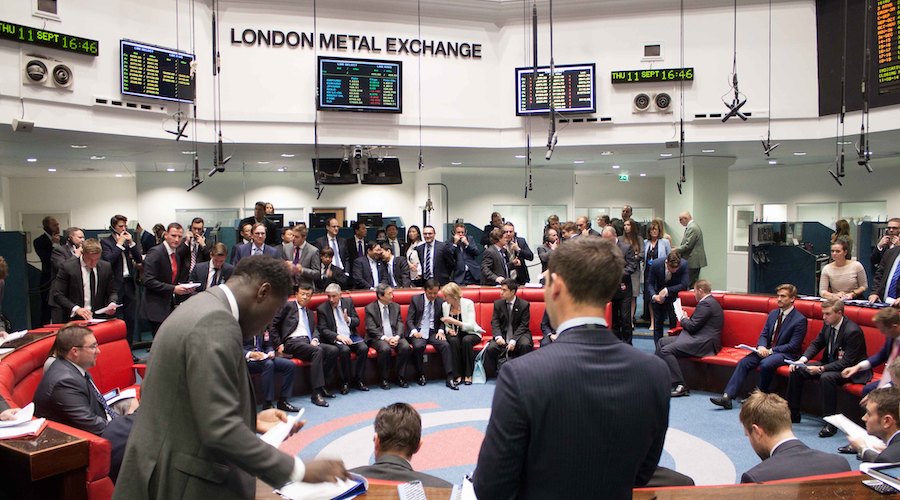
A push into metals trading by several giants of the energy markets has spurred a hiring spree and driven up salaries, with some senior executives saying they’ve never seen such a frenzied competition.
The rush for metals traders has pushed compensation levels higher across the industry, according to several trading house CEOs, while one expressed shock at junior traders on his staff being offered guaranteed bonuses of many hundreds of thousands of dollars.
Metals trading has long been a poor cousin of energy, as smaller markets offered fewer opportunities for profit, and the dominance of Glencore Plc and Trafigura Group scared off many would-be competitors. Now, some of the biggest oil and gas traders are looking to funnel part of the mega profits from the last few years into metals businesses, amid forecasts for rapid demand growth due to the energy transition.
“We’ve never really seen this before — even in oil,” said Daniel Cordell, a managing director at commodity headhunter HC Group. “All of a sudden you’ve got these monster trading houses going out there and hiring metals teams all at the same time.”
Mercuria Energy Group Ltd. has hired around 40 staff for its metals team in the past few months since appointing former Trafigura trader Kostas Bintas to spearhead a drive to challenge the biggest players in metals. Vitol has poached people from Mercuria and Glencore, while Gunvor Group has brought in a team of at least six traders to trade refined metal and mined ore. Javelin Global Commodities has also been hiring.
The talent war has forced the industry incumbents to take action. Trafigura has extended the contractual period during which some of its senior traders can’t work for competitors to as much as 12 months, according to people familiar with the matter.
At Glencore, Vitol has attempted to hire key members of the iron ore team including department head Peter Hill, according to people familiar with the matter. Bloomberg earlier reported two departures from Glencore, Denis Weinstein and Kunal Ahuja, who have agreed to join Vitol.
Trafigura, Mercuria, Glencore, Gunvor and Javelin declined to comment. Vitol didn’t respond to a request for comment.
Mercuria’s metals team now stands at about 60 people, many of them alumni of Trafigura, but also Glencore, IXM and Goldman Sachs Group Inc.
IXM, the third-largest metals trader, has also spent much of the last year hiring traders from rivals as it rebuilt its team under new CEO Kenny Ives, while a significant number of traders have left the company as well during the same period.
“The talent pool is not that big compared to some of the other markets,” said Simon Collins, a former head of metals trading at Trafigura and the CEO of digital trading platform TradeCloud. Training a trader in specialized markets “takes a lot of time.”
The talent wars have driven up pay packages, according to industry executives and headhunters. One recruiter said that for the first time in his 20-year career, there was more demand for metals traders than energy traders.
“Total compensation for what was previously a quiet sector has been increased dramatically,” said Cordell at HC Group. Basic salaries have risen in some cases by as much as 20-25%, and traders are also being promised a larger share of the profits they bring in for the firm, he said.
“You’re seeing bigger sign-ons and guarantees being paid, which traditionally hirers wouldn’t have needed.”
(By Jack Farchy, Archie Hunter, Alfred Cang and Anna Shiryaevskaya)
Comments